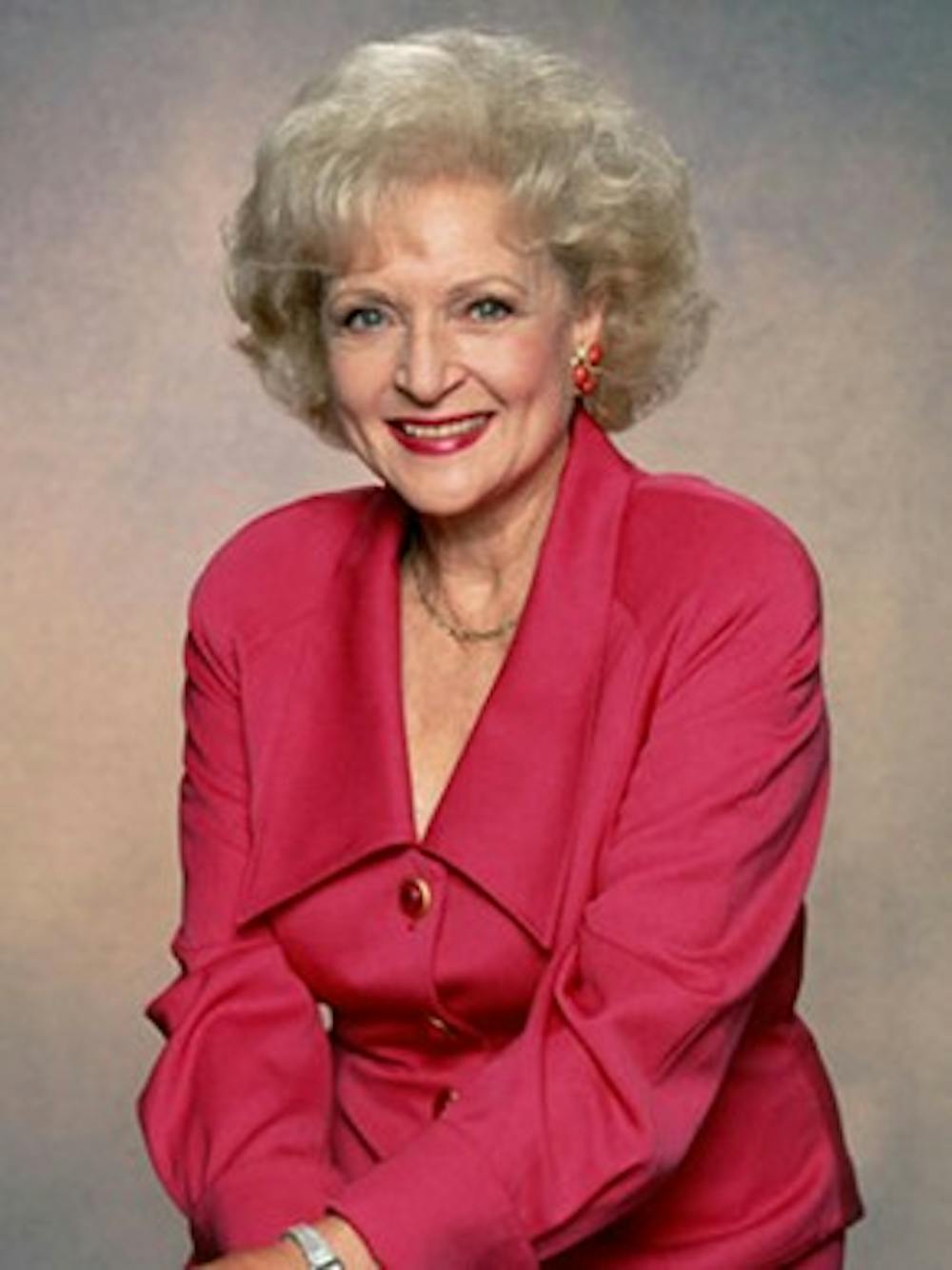Whether Angelina Jolie is fasting because Brad is still talking to Jennifer, or Britney Spears is drinking before the MTV Video Music Awards while K-Fed is at home with the kids, the lowdown on celebrities is constantly filling the grocery-store checkouts. The question is: Why are people buying into the hype?\nThat excitement of buying every magazine with Jennifer Aniston on the cover or the fantasies of being a cast member of "Grey's Anatomy" stems from the feeling of wanting to be looked up to, said Brenda Weber, IU gender-studies professor.\n"(Being famous is) a way of being in the world as truly happy and loved and successful," she said. "It seems to show what we desire."\nPsychologists interviewed for a WFIU Moment of Science Program said children are becoming celebrity obsessed at increasingly younger ages. According to the psychologists, some degree of celebrity worship is healthy though.\nAnd with reality TV, celebrity obsession is on the rise. Weber said the odds of getting famous with reality TV are better but still hard. \n"(Reality TV) is opening (fame) up for more people," she said. "(But) to see if that turns into lasting fame is an issue."\nWeber, who teaches a course about celebrity status, said that in the beginning of the semester, she administers a quiz to her students that questions the value of fame. She said 90 percent of her students wish they could be famous. She also asks her students, "Would you rather be famous for doing something or simply for who you are?" She said the class normally splits in half. And her final quiz question is, "Would you rather be famous after your death or in the here and now?" Students tend to feel shallow if they decide they want to be famous now, Weber said.\n"They begin to really question why (fame is) valuable," she said. "It goes back to that idea -- celebrities get to experience the best of everything there is."\nThe class transitions into learning about fame and it's relation to gender. Weber said because of the gender bias in our culture, gender plays a big role with fame.\n"Somebody like Joe Pesci could be really famous but a woman that looked like him couldn't," she said.\nBeing a male or female isn't the only bias in Hollywood. Having a little extra weight may also play a role in whether or not someone rises to fame. There is a lot of doublespeak with celebrities, she said. For example, in Hollywood, celebrities say they want to embrace their bodies for the way there are, but then lose 50 pounds, Weber said.\nAnd the journey to get famous doesn't stop with celebrities themselves.\nThe glory with picking up a magazine every time Lindsay Lohan gets arrested for being drunk isn't because our generation doesn't care about what's going on in the world, Weber said. It's because magazine articles offer us something different than hard news.\n"Personally we have to be skeptical. News is already skewed to tragedy," she said. "News is biased to a particular point of view."\nIn a society in which fame is prominent, celebrities need to question how much of their fame should be dedicated to their fans. If 14,000 people don't read about Angelina Jolie, chances are she isn't going to be famous, Weber said. Celebrities only become famous because a viewing public bought into it, she said.
Star Struck with Celebs

Get stories like this in your inbox
Subscribe





